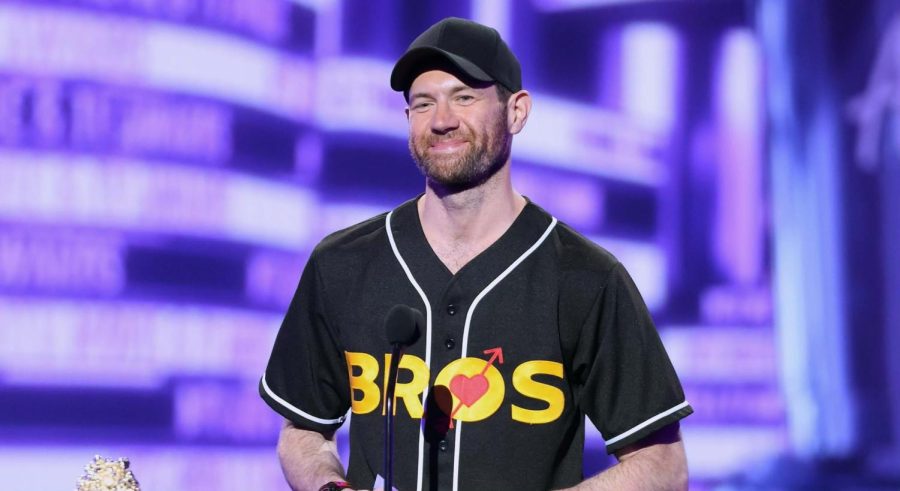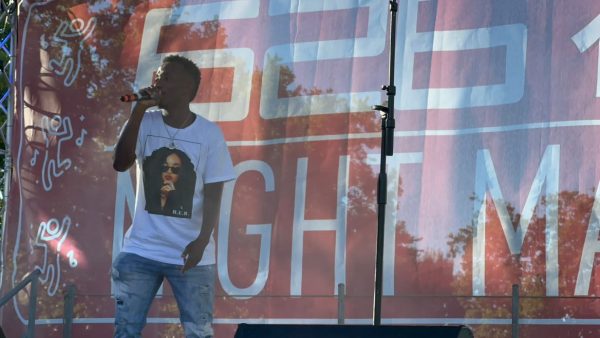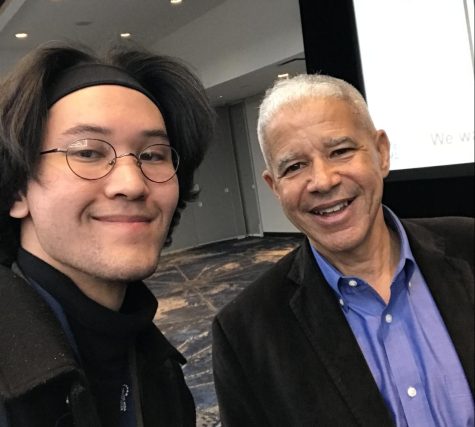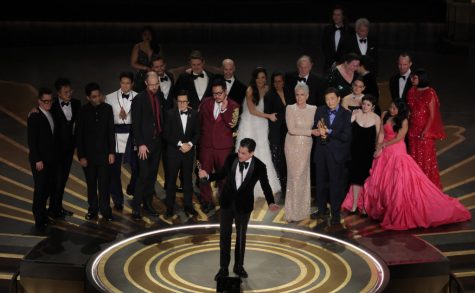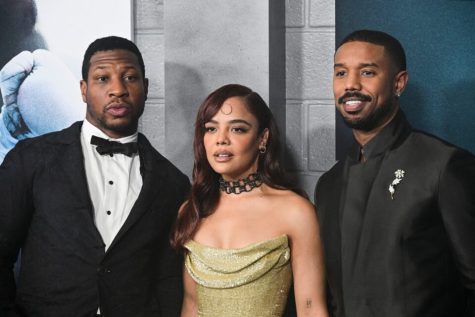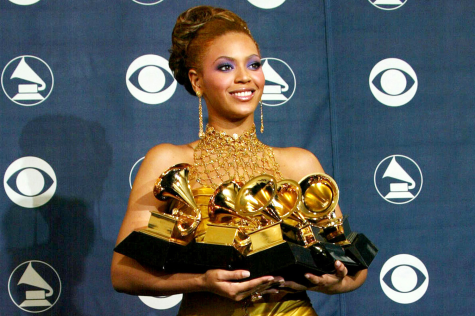BROS (2022): Billy Eichner’s Finest
October 18, 2022
The First Gay Romantic Comedy Produced by a Major Studio Making History; Spoiler-Free Review
From humble beginnings as a street comedian, catching passersby off-guard with eccentric challenges such as “Miss, for a dollar… name a woman,” Billy Eichner has come a long way to leading his own 2022 romantic comedy, “BROS.”
The “BROS” director initially gained public attention through his involvement with a New York stage show titled “Creation Nation: A Live Talk Show.” However, Eichner’s big break came with his notorious series, “Billy On The Street,” where the actor asks New York residents trivia questions with occasional guest stars like Emma Stone, Paul Rudd, and Jack Black.
Drawing inspiration from films like “Call Me By Your Name,” “Moonlight,” and “Love, Simon,” Eichner’s light-hearted, same-sex comedy steers away from serious and dramatic themes for a refreshing take on gay romance.
Eichner plays “Bobby,” a podcaster and director working towards opening the first LGBTQIA+ historical museum in New York City. The film explores the burgeoning romance between Bobby and Aaron — the muscular love interest — as the pair navigate their relationship, learn to make compromises for one another, and motivate one another to pursue their dreams. To this extent, the two lovers assume the role of an ideal same-sex couple and as a guide for LGBTQIA+ couples to look up to, since Eichner’s “Bobby” often complains about the lack of gay romantic references in heteronormative popular media.
A theme often explored throughout the course of the film is the lack of structure within a gay relationship. LGBTQIA+ characters featured in “BROS” find their own ways to communicate with their partners and make compromises in ways that vary from that of straight couples.
Eichner, while already hilarious, was profoundly and unapologetically true to himself in this film, expressing his feelings in a way that does not sacrifice his personality for the comfort of others — specifically straight people. By introducing gay historical figures, such as Marsha P. Johnson, and demonstrating irreverence through verbal raunchiness, Eichner represents the LGBTQIA+ community in heterosexually-dominated cinema.
Eichner’s movie is a step in the right direction for more inclusive storytelling in Hollywood. Not only is the picture romantic and formative for LGBTQIA+ relationships, but it is also gut-wrenching, heartbreaking, and humorous, serving as a passionate love letter for same-sex romance. Ultimately, “BROS” was a delightful and informative film, encouraging audiences to love and be proud of themselves.




